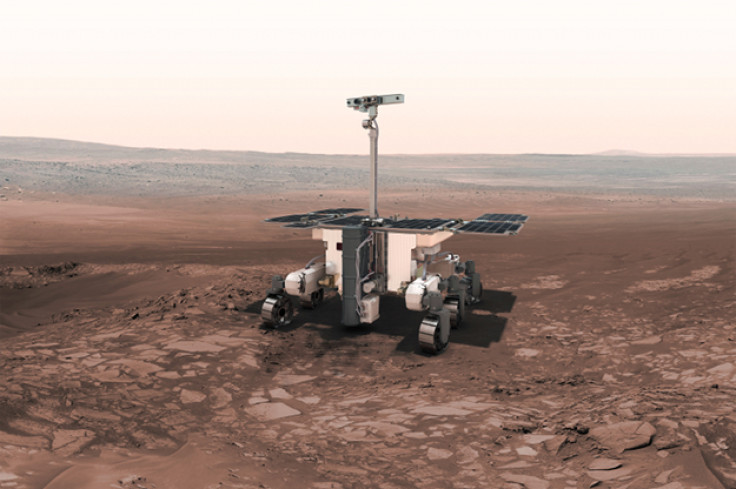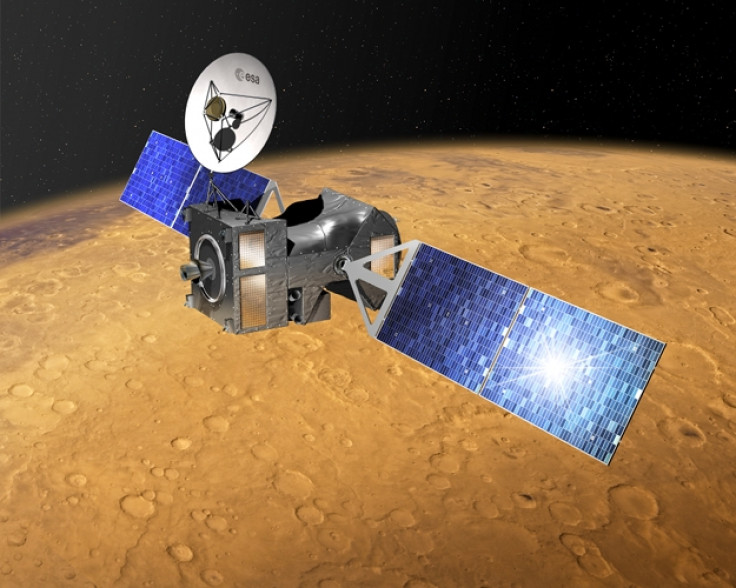Europe's space agency robot to probe for signs of life on Mars
European Space Agency mission to Mars is hoping to find the existence of life forms on the Red Planet

A space mission to Mars is hoping to find the existence of life forms on the red planet.
The ExoMars project is the European Space Agency most ambitious and expensive space programme, costing £48m.
Scientists will send a solar-powered rover to the surface of Mars to take geological samples which it hopes will provide evidence that the planet once was capable of supporting living organisms.
The rover will be launched into outer space by rocket in 2015. At the space facility in Stevenage, Hertfordshire, it is being built in a dust-free environment, so no pollution such as mites or minute particles of dust will be taken to the surface of Mars.
The first stage of the programme in 2016 is to investigate the existence of gases such as methane using a satellite. When the rover arrives to the red planet two years later, the satellite will convey the information back to Earth.

Methane is an organic molecule present in gaseous form in the Earth's atmosphere. More than 90% of methane on Earth is produced by living organisms. The recent detection of plumes of methane in the northern hemisphere of Mars is of great interest because of its potential biological origin.
The six-wheeled rover will spend two years travelling around the Martian environment, navigating by using the position of the stars. It will collect mineral samples and drill down more than 6ft into the planet's crust to detect for signs of life.
According to the European Space Agency, if life has existed on Mars, it probably did when Mars was warmer and wetter, sometime within the first billion years following planetary formation. Conditions then were similar to those when microbes gained a foothold on the young Earth. This marks Mars as a primary target for the search for signs of life in the solar system.
A spokesman for the Swindon-based space agency told the Sunday Times: "Our rover will be like a biologist. It will be looking for signs of life, like organic chemicals, primarily carbon. We are also looking for signs of water. We are showing that Britain is committed to the future of space exploration."
The British government is also expected to make an announcement next week that British astronaut Tim Peak will be sent to the International Space Station.
Science minister Greg Clark said: "Space represents the best of UK science and innovation."
© Copyright IBTimes 2024. All rights reserved.






